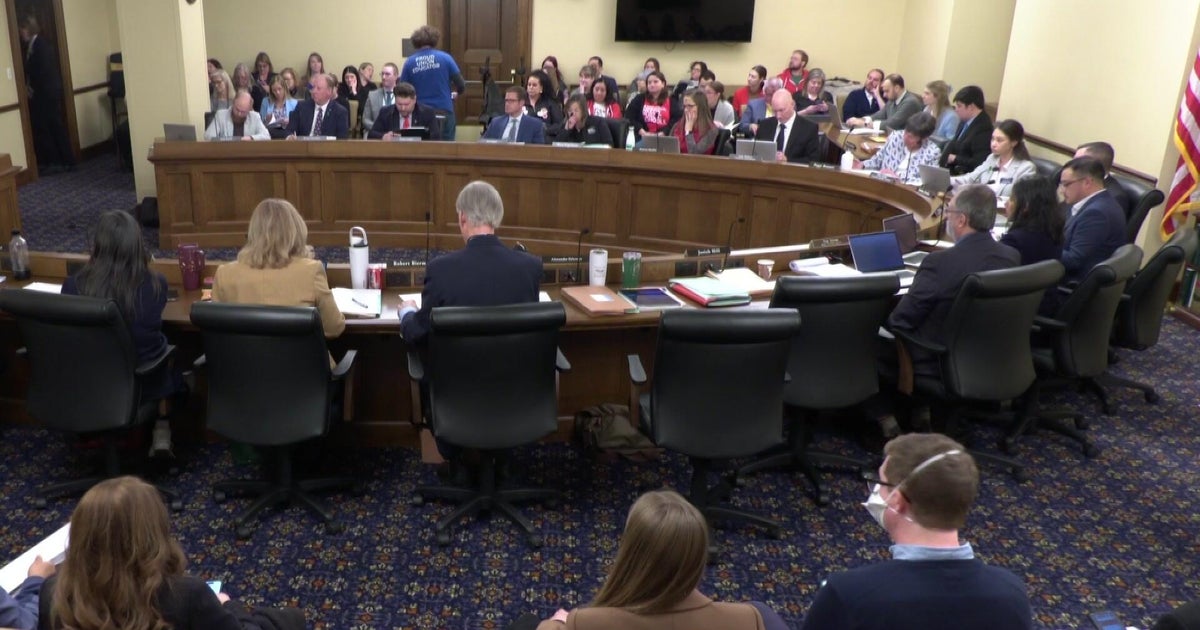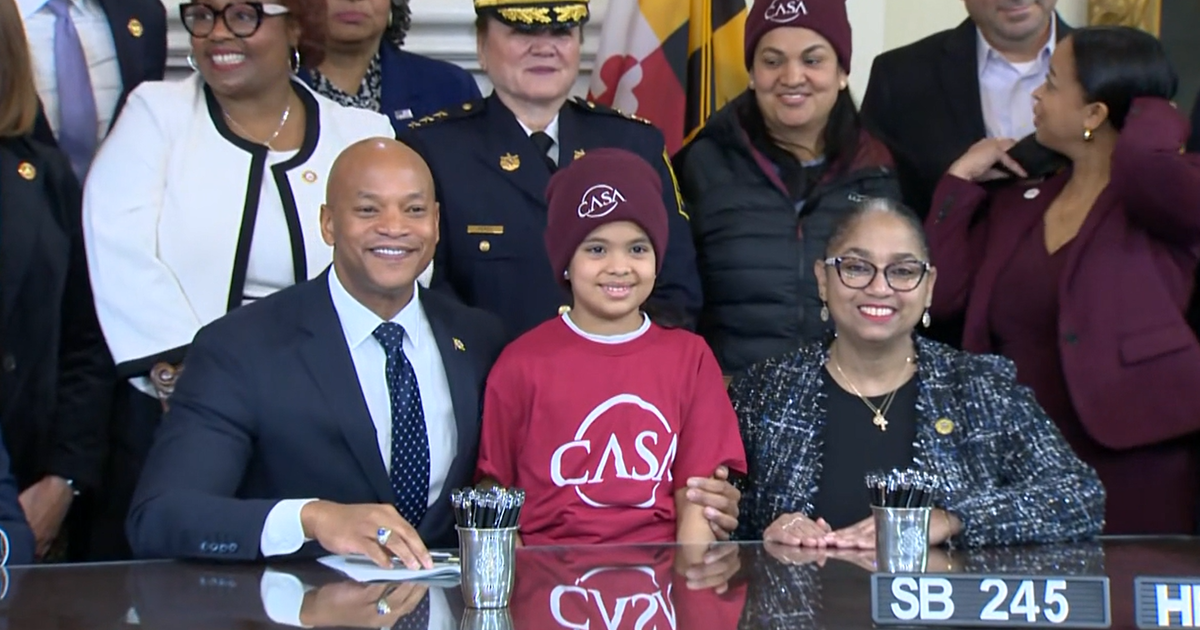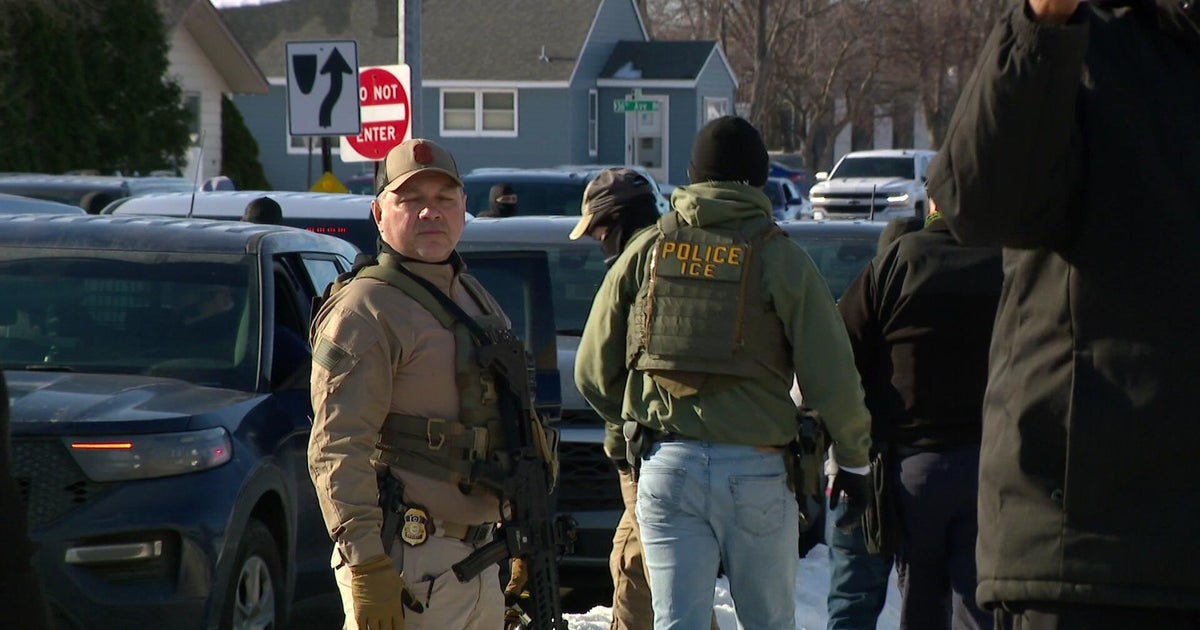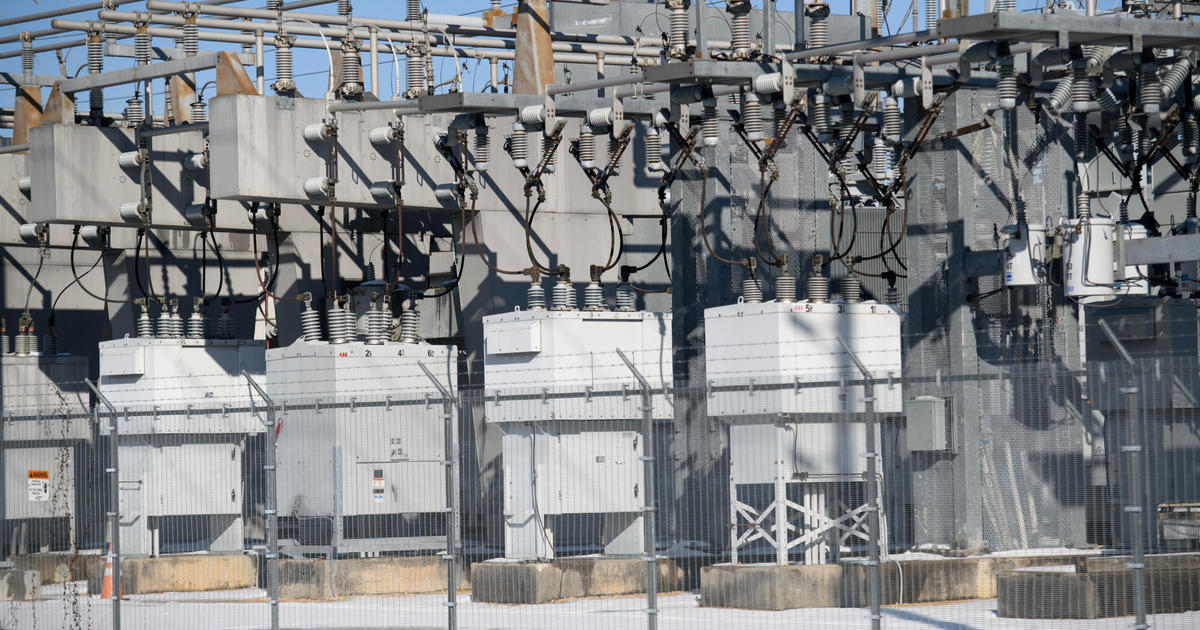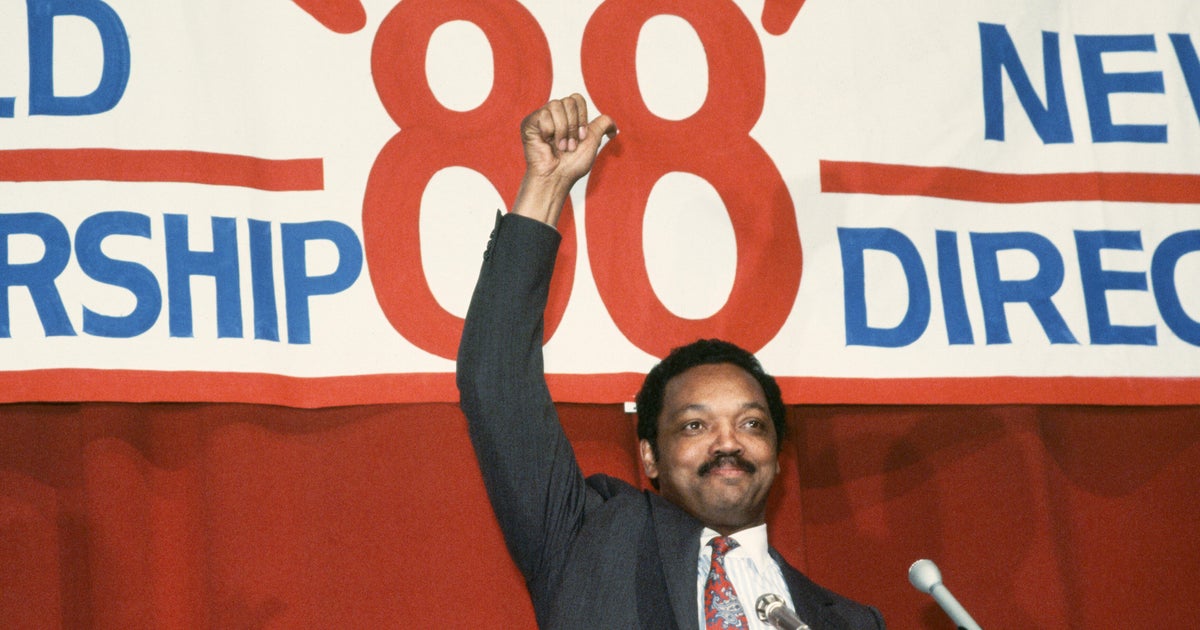Dayton Signs Bill Switching Minnesota To Presidential Primary
ST. PAUL, Minn. (WCCO) -- A bill to replace Minnesota's caucus system with a presidential primary was signed Sunday by Gov. Mark Dayton.
Lawmakers introduced the measure this year after voters expressed frustration with overcrowding and long lines at caucus sites across the state. WCCO's Ashley Roberts spent Sunday looking at how this will change the presidential election process in Minnesota. Voters voiced their concerns about the presidential caucus and lawmakers took action.
The state Senate voted Saturday to establish a new presidential primary system in Minnesota. Dayton signed the bill early Sunday night.
For the first time in years, Minnesota's caucuses mattered. The state's stake became clear as the number of candidates making campaign stops continued to grow ahead of March 1. The build reached a breaking point that day when voters showed up to caucus.
"The line was literally out the door. We waited outside for over an hour," one caucus-goer this year said.
It appears those problems will stay in the past as Minnesota moves to a presidential primary starting in the year 2020.
"We're going to have more people able to participate," Political expert David Schultz said.
Hamline University Political Science Professor David Schultz says primaries open the door to same-day registration, absentee voting and more flexibility.
"Nationally, primaries generally speak louder than caucuses in terms of having an imprint of selection for the presidential nominee," Schultz said.
Minnesota Secretary of State Steve Simon, a primary supporter said, "Instead of having just one hour on one night to vote, Minnesotans will now have access to many of the benefits they've come to expect from our regular election process."
Professor Shultz says a primary would have the potential to make Minnesota an even bigger player in politics.
"We did our caucus. We had about 7-8 percent of our population, maybe nine percent of our population show up at the caucuses," Schultz said. "Wisconsin had about 40 percent of its population show up for a primary and so potentially we could expand by four-fold the number of people who will participate. And of course that's good for our political process."
While parties pick up the tab for caucuses, the state would pay for a primary, meaning you the taxpayers. Secretary Simon has said it could cost up to $6 million.
